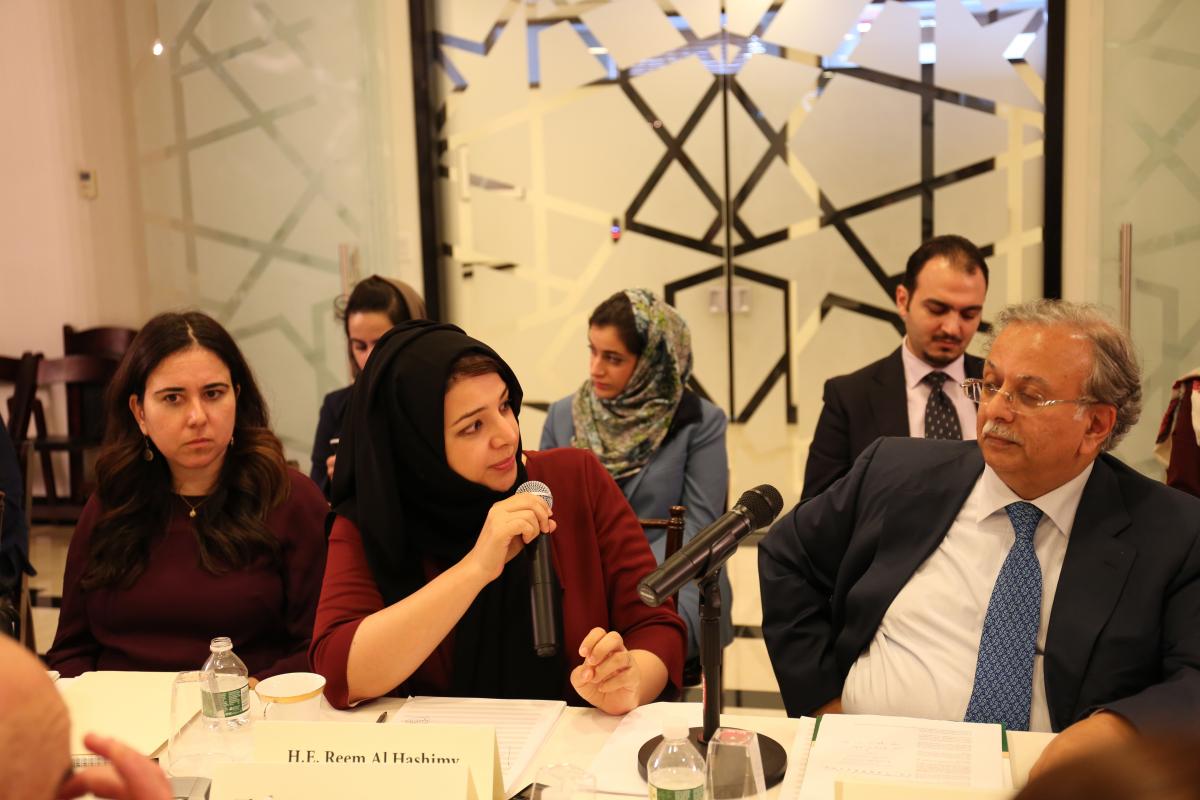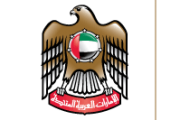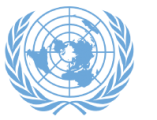18 July 2017 – H.E. Reem Al Hashimy, United Arab Emirates Minister of State for International Cooperation, along with H.E. Abdallah Al Mouallimi, Ambassador and Permanent Representative of Saudi Arabia to the UN, H.E. Lana Nusseibeh, Ambassador and Permanent Representative of UAE to the UN, and representatives of Bahrain and Egypt, met with 14 UN-based correspondents in New York to discuss the ongoing crisis in the Arabian Gulf. The UAE Mission to the United Nations convened the media briefing in cooperation with Bahrain, Egypt, and Saudi Arabia, all of whom have broken relations with Qatar over its ongoing incitement of extremism and financing of terrorist groups. Minister Al Hashimy had travelled to New York to lead the UAE delegation to the High-Level Political Forum on Sustainable Development.
 In her opening remarks, Minister Al Hashimy said that Qatar’s support and incitement of terrorism and violent extremism must stop, specifically Qatar’s financing, enabling, and broadcasting of extremism. She stated that the four Arab States could no longer wait for Qatar to change its ways, and demanded action to “put out the fire that Qatar has been fueling.” She added that attempts to internationalize the crisis by taking it to various UN bodies will not help Qatar distract from the main issue: their ongoing support for extremism. “It is time for Qatar to stop trying to change the subject, and instead start changing their behavior.”
In her opening remarks, Minister Al Hashimy said that Qatar’s support and incitement of terrorism and violent extremism must stop, specifically Qatar’s financing, enabling, and broadcasting of extremism. She stated that the four Arab States could no longer wait for Qatar to change its ways, and demanded action to “put out the fire that Qatar has been fueling.” She added that attempts to internationalize the crisis by taking it to various UN bodies will not help Qatar distract from the main issue: their ongoing support for extremism. “It is time for Qatar to stop trying to change the subject, and instead start changing their behavior.”
Ambassador Al Mouallimi reiterated that any lasting solution must come from the region. However, there had been no meaningful engagement from Qatar on the list of specific demands made by the four Arab States in June. The four Arab States insisted that these demands must be heeded. Ambassador Al Mouallimi further explained that any mediation process would have to take place within the framework of the six principles established at the Cairo Summit of the Foreign Ministers of the four Arab States on 5 July 2017. These six principles are:
- Commitment to combat extremism and terrorism in all its forms and to prevent their financing or the provision of safe havens.
- Prohibiting all acts of incitement and all forms of expression which spread, incite, promote or justify hatred and violence.
- Full commitment to Riyadh Agreement 2013 and the supplementary agreement and its executive mechanism for 2014 within the framework of the Gulf Cooperation Council (GCC) for Arab States.
- Commitment to all the outcomes of the Arab-Islamic-US Summit held in Riyadh in May 2017.
- Refrain from interfering in the internal affairs of States and from supporting illegal entities.
- The responsibility of all States of international community to confront all forms of extremism and terrorism as a threat to international peace and security.
In considering the path forward, Minister Al Hashimy explained “Our demands are clear. The principles for mediation are laid out. Now it is on Qatar to come to the table. The ball is in their court.” Ambassador Nusseibeh added, “There is no room for Qatar in the GCC if they have a different standard for what ‘terrorism’ is. We are never going back to the status quo ante. That needs to be understood by the Qataris.”
The Egyptian representative stated that Qatar had been destabilizing and undermining other countries in the region through propaganda and active support to terrorist groups, and that all diplomatic measures taken were fully in line with international law.
Regarding the demand to end incitement of extremism by Al-Jazeera, Ambassador Nusseibeh stated, “This is not about curbing freedom of expression, and too much attention of the press has been misdirected on this issue. This is about the imperative for Qatar to comply with international law, including UN Security Council Resolution 1624 which demands all States to prohibit incitement of terrorist acts.”
Representatives of the New York Times, the Wall Street Journal, CNN, NBC, Bloomberg, Reuters, Associated Press, Agence France Press, Al Hayat, Al Arabiya, Al Ekhbaria, RT News, among other outlets attended the 90-minute media briefing.


